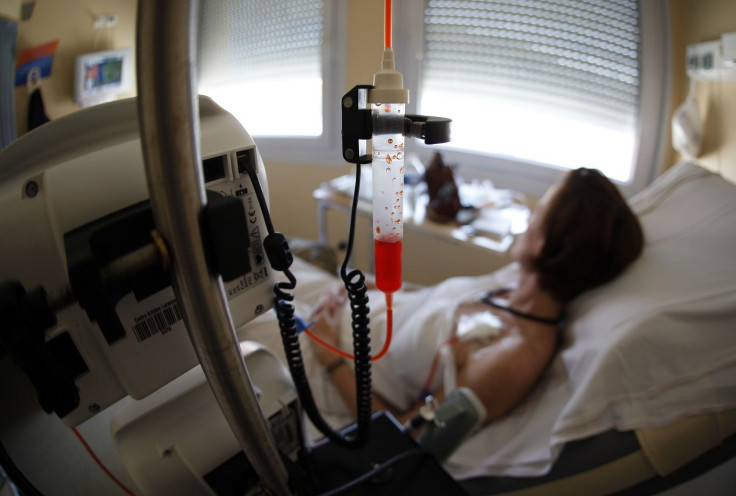Medical Breakthrough: Researchers From Israel Discover Two Proteins That Can Potentially Supress Cancer

A recent research claims to have isolated two proteins that can hinder the growth of cancerous or tumour cells. The research was conducted by the team at Nobel laureate Aaron Ciechanover's Technion-Israel Institute of Technology. The two proteins are said to be produced by the ubiquitin system, a vital biochemistry pathway in the human cell.
The research paper revealed how two proteins called KPC1 and p50 can inhibit the growth of cancerous tumours. The inhibition is believed to take place when the two proteins are used in high concentration. The study also details about the role of the ubiquitin system in the entire process of protecting the tissues against the growth and proliferation of the cancer cells.
The ubiquitin system is responsible for breaking down damaged proteins with a potential to harm other normal cells. The system was co-discoverd by Ciechanover, for which he received the Nobel prize in Chemistry in 2004. The ubiquitin system is also known to eliminate the proteins that are of no use to the human body.
During the research, the scientists observed how protein p105 is sometimes degraded completely by the ubiquitin system and sometimes partially to form protein p50. The protein p105 is a precursor of a key regulator in the cell NF-kB, which was long ago identified as a connecting link between cancer and inflammation.
Further investigation into the biochemical process revealed that when p105 is attached to the ubiquitin by the system component called KPC1, it is shortened to become p50. When some other component attaches p105 to the ubiquitin, it is degraded completely. The researchers concluded through observation that a high concentration of KPC1 and p50 in the cell tend to inhibit the growth of cancerous cells, reported The Jewish Business News.
According to the Times Of Israel, Ciechanover believes that an extensive research spanning across multiple years is required "to establish the research and gain a solid understanding of the mechanisms behind the suppression of the tumours. The development of a drug based on this discovery is a possibility, although not a certainty, and the road to such a drug is long and far from simple."
The research team led by Dr. Yelena Kravtsova-Ivantsiv comprised of physicians and research scholars from the Carmel, Rambam and Hadassah Medical Centers. The team conducted their research on samples of human tumour and the ones grafted in mice.
The paper has been published in the Journal CELL.
To report a problem or to leave a feedback on the article, send an e-mail to emailtoguneet@gmail.com.





















